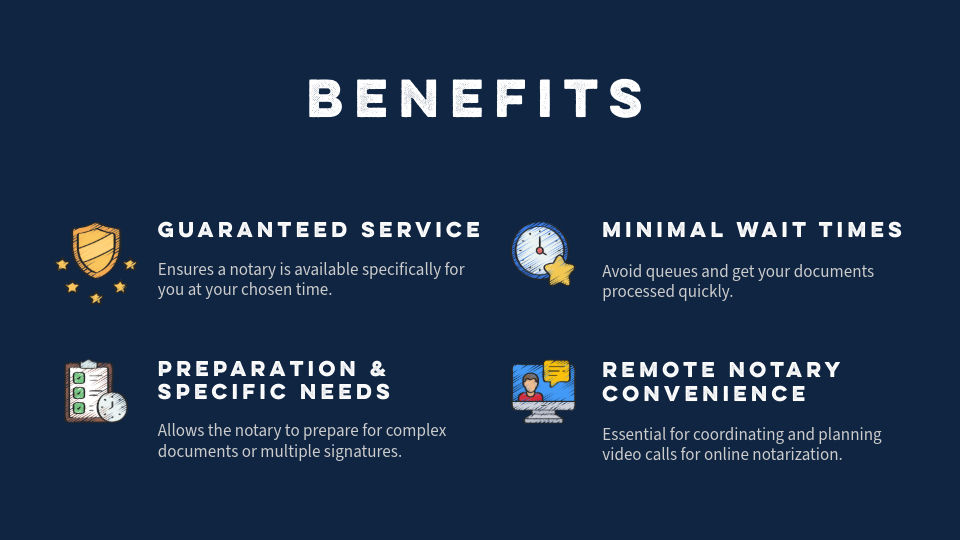What is a Notary Journal? Why It Matters for Your Protection in Florida
- Olivia Sterling

- Aug 21, 2025
- 5 min read
You’ve just signed a critical document—perhaps a mortgage closing, a power of attorney, or a car title. The notary public stamps and signs, making it official. But what happens after you walk away? What record exists of that moment, and more importantly, how does it protect you? The answer lies in a simple but powerful tool: the notary journal. While not always required in Florida, understanding its function is key to safeguarding your transactions against fraud and future disputes. This guide will explain what a notary journal is, why it serves as your personal safety net, and why you should always choose a notary who uses one.

💡 Key Takeaways
What a Notary Journal Is: A notary journal is a detailed, chronological log of all notarial acts performed by a Notary Public. It includes key details about the transaction, such as the date, the signer's identity, the type of document, and the signer's signature.
Florida Law vs. Best Practices: For traditional, in-person notarizations, Florida law does not require notaries to keep a journal. However, it is a highly recommended best practice. For Remote Online Notarizations (RON), a secure electronic journal is mandatory.
Your Protection is the Priority: The primary purpose of a journal is to protect the public. It serves as credible evidence that a notarization was performed properly, deterring fraud and providing a reliable record in case of a legal dispute.
Key Information Recorded: A thorough journal entry includes the date and time, type of notarial act, document description, and detailed information about how the signer's identity was verified.
Why Choose a Notary Who Keeps a Journal: Opting for a notary who maintains a journal—even when not required—means you are choosing a professional committed to the highest standards of care and security for your important documents.
The Unsung Hero of Your Important Documents
Imagine this: you’re finalizing the sale of your property. You sign the deed, a notary public officiates the moment, and you hand over the keys. Two years later, a dispute arises. The other party claims your signature was forged. Panic sets in. How can you possibly prove you were the one who signed that document?
This is where a small, often overlooked tool becomes the hero of the story: the notary journal. It’s a detailed logbook that a diligent notary maintains for every single transaction. In that book is the evidence—the date, time, your ID information, and your signature—that proves the notarization was legitimate. Suddenly, a potential legal nightmare dissolves, all thanks to a simple record.

Is a Notary Journal Required in Florida?
Here's a crucial point for anyone in Orlando needing notary services: Florida law does not mandate that notaries keep a journal for traditional, in-person notarizations. However, as the National Notary Association and Florida state officials strongly recommend, it is an industry best practice that signals a notary's commitment to professionalism and your protection.
❗ There is one major exception:
Remote Online Notarizations (RON): For any notarization performed remotely via audio-visual technology, Florida notaries are required by law (Florida Statutes § 117.245) to maintain a secure electronic journal.
So, while not always required, choosing a notary who maintains a detailed journal for all transactions adds a powerful layer of security to your documents.
How a Notary Journal Protects You
When a notary logs a transaction, they aren't just doing administrative work; they're building a fortress of evidence around your document. Here’s how it safeguards everyone involved:
🛡️ It Deters Fraud: The very act of recording a signer's identification (like a driver's license) and capturing their signature in a journal is a powerful deterrent to anyone attempting to commit fraud. Impersonators are less likely to proceed when they know their details are being meticulously recorded.
🛡️ It Creates a Credible Record: A journal entry is an impartial, chronological record of a notarial act. It contains vital details that can be used to verify the transaction later, including:
The date and time of the notarization.
The type of notarial act (e.g., acknowledgment, jurat).
A description of the document being notarized.
The name, address, and signature of the signer.
The method used to verify the signer's identity.
🛡️ It Provides Indisputable Evidence for Legal Disputes: As in our opening story, a notary's journal is a powerful piece of evidence in court. If a document's authenticity is ever challenged, the journal can be used to confirm the details of the notarization, protecting you from false claims of forgery or coercion.
🛡️ It Safeguards the Notary (and Their Integrity): The journal also protects the notary public. By documenting every step, they can defend themselves against any accusation of negligence or improper conduct. This commitment to meticulous record-keeping is a hallmark of a trustworthy and professional notary.
✒️ What Does a Diligent Notary Record?
When you work with a notary who values best practices, they will ask to record key pieces of information in their journal. This process is designed for your security. A thorough entry typically includes:

Date and Time: Pinpointing the exact moment of the notarization.
Type of Notarial Act: Was it an acknowledgment, an oath, or something else?
Document Details: The type of document (e.g., "Real Estate Deed," "Power of Attorney").
Signer's Information: Full name and address.
Identification Method: How your identity was confirmed, such as "Florida Driver's License No. XXXXX," including the expiration date.
Signer's Signature: You will be asked to sign the journal entry itself.
Additional Notes: Any unusual circumstances or specific requests are noted here, providing further context.
Think of it as the document's official diary—a reliable memory of the event that never fades. When you choose a notary in Orlando who keeps a journal, you are choosing a partner dedicated to upholding the integrity of your most important transactions.
While the state of Florida may not require a journal for every single notarial act, its importance cannot be overstated. A notary journal is more than just a logbook; it's a critical tool for fraud prevention and a permanent record that protects all parties involved. It reflects a notary's dedication to going above and beyond the minimum legal requirements to ensure the security and validity of your documents.
By understanding what a notary journal is and why it matters, you can make more informed decisions when seeking notary services. Choose a professional who embraces these notary best practices. A well-kept journal adds a layer of security and peace of mind that is truly priceless.
What are your thoughts on the importance of record-keeping for official documents? Share your experiences or feedback in the comments below!
#NotaryPublic #FloridaNotary #OrlandoNotary #NotaryJournal #DocumentSecurity #FraudPrevention #LegalProtection #NotaryBestPractices





Comments